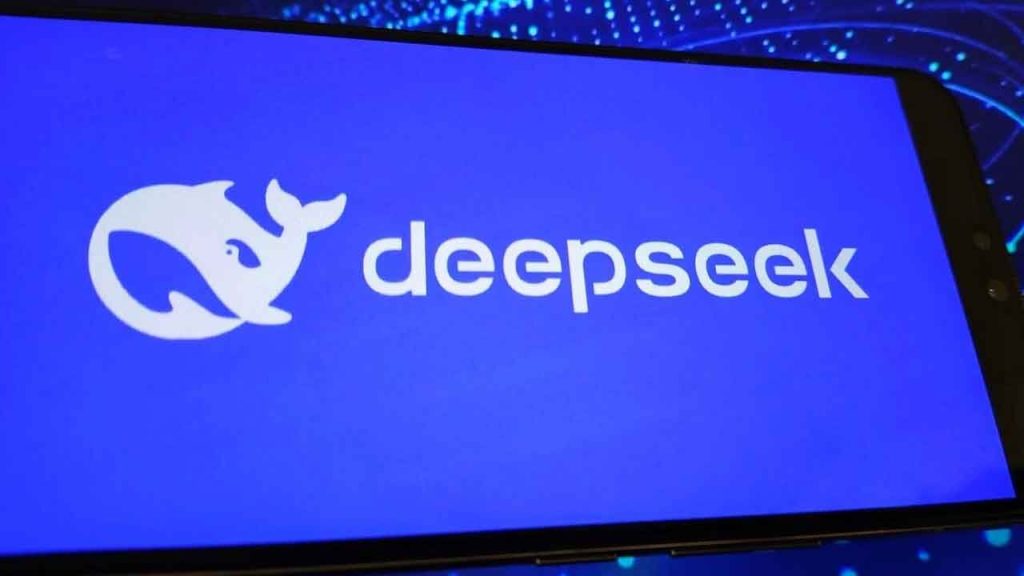Hangzhou-based artificial intelligence startup DeepSeek is preparing to roll out a next-generation AI model by the end of 2025. The company is positioning its upcoming release as a direct challenger to established players like OpenAI, with a particular focus on smarter agent capabilities and adaptive learning.
According to individuals close to the project, who requested anonymity due to the confidential nature of the work, DeepSeek’s new AI system will be able to perform multi-step tasks on behalf of users with limited instructions. This represents a leap forward from existing AI tools, which often require constant user engagement and step-by-step guidance.
The highlight of DeepSeek’s upcoming model lies in its ability to adapt and improve based on previous actions. Unlike conventional AI systems that rely primarily on pre-programmed responses, this adaptive learning framework would allow the system to evolve over time, becoming more efficient and effective with continued use. Industry experts note that such developments could reshape the way individuals and businesses interact with AI, making the technology not only more autonomous but also more intuitive.
This push aligns with China’s broader ambition to strengthen its position in the global technology race. Over the past few years, Chinese companies have increasingly stepped up efforts to match or surpass Western firms in AI research and deployment. While DeepSeek is less known internationally compared to giants like OpenAI or Google DeepMind, its strategy to innovate around AI agents and learning systems could make it a serious contender.
The global AI industry is undergoing rapid transformation, with heightened competition centered not just on raw processing power but also on the ability of models to execute complex tasks independently. Analysts point out that the next wave of AI adoption will likely depend on how well systems can minimize user input while maximizing intelligent decision-making.
DeepSeek’s model is being designed with exactly this goal in mind. By focusing on reducing user dependency, the company hopes to set a new benchmark for user-friendly AI systems. Such a move would open up opportunities for applications across multiple sectors, from personal productivity tools to enterprise automation.
Observers suggest that the timing of DeepSeek’s launch will be crucial. As OpenAI, Anthropic, Google, and others continue to release increasingly advanced models, the success of DeepSeek will depend not only on technical breakthroughs but also on its ability to capture market trust and adoption.
The unveiling of DeepSeek’s AI model at the end of 2025 will mark a significant moment for both the company and the global AI sector. If its adaptive learning and autonomous task execution capabilities live up to expectations, DeepSeek could emerge as one of the most prominent challengers to U.S.-based AI leaders, intensifying competition and shaping the future direction of artificial intelligence.

